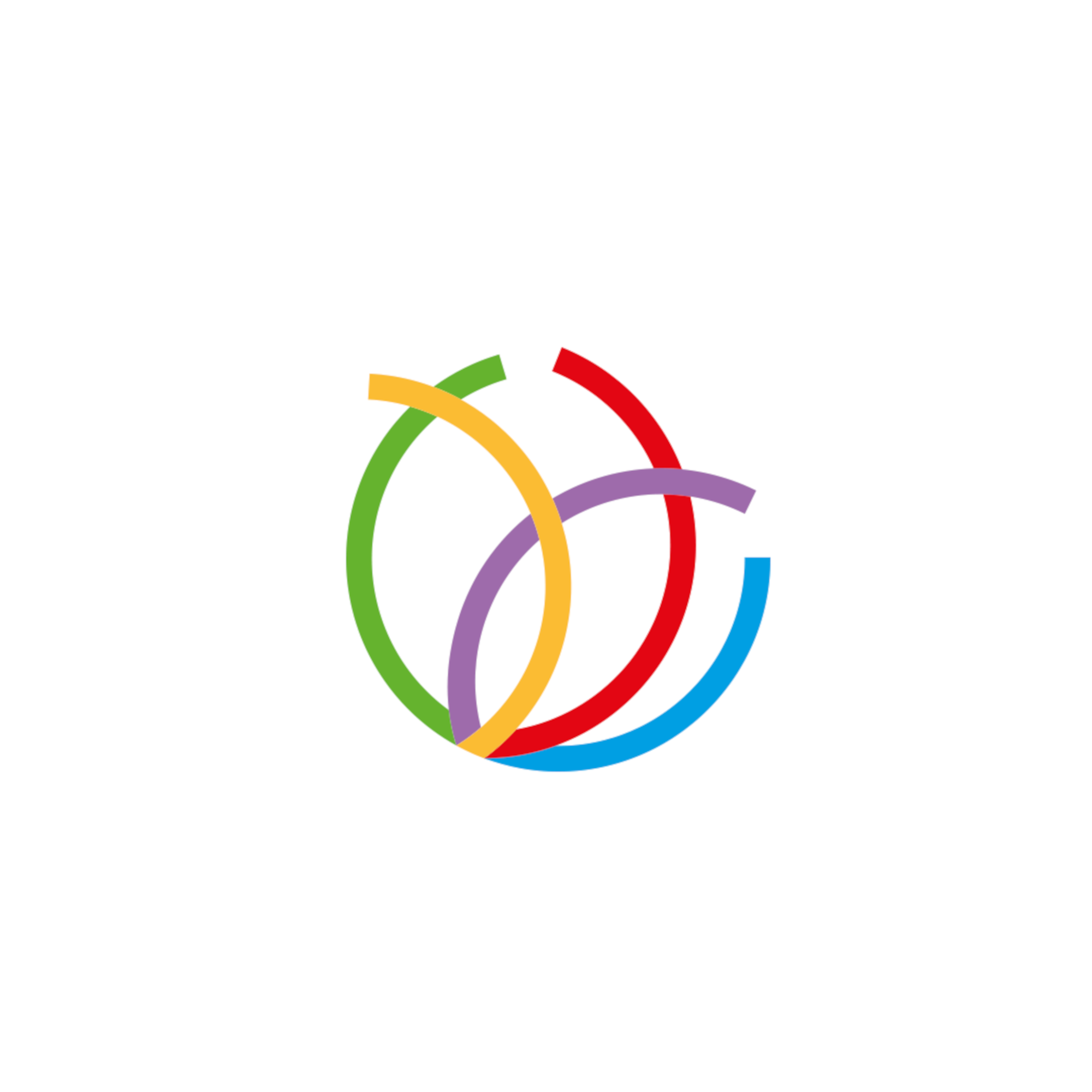Lilly NCDs Partnership

Partnership activities and how they address needs and challenges
To improve health outcomes, Lilly works with partners using a novel operational framework: Research, Report and Advocate.
Research: pilot new approaches to improve access to care and collect rigorous outcomes data;
Report: transparently share data about what works and what doesn’t with governments, health experts, and others working in global health;
Advocate: use evidence from our pilot projects to advocate for scale up of proven, cost-effective solutions for maximum benefit to people.
These NCD projects currently run in Brazil, India, Mexico and South Africa:
Brazil: Type 2 diabetes and gestational diabetes are significant and increasing health challenges in Brazil. Lilly’s aim is to reduce the incidence of Type 2 diabetes in women previously diagnosed with gestational diabetes and to improve skills for healthcare workers caring for people at risk of Type 1 diabetes especially in rural and underserved areas.
The NCD partnership does this in two ways. First by evaluating the effectiveness of an intensive lifestyle change program to prevent or delay development of Type 2 diabetes in women who previously had gestational diabetes. Secondly, through developed Type 1 diabetes educational tools based on the experience and methodology used by Instituto da Criança com Diabetes (ICD).
India: The projected number of people in India with diabetes and hypertension is rising quickly while detection rates of diabetes and high blood pressure remain low. India is second only to China in the total number of cases.
The Lilly NCD partnership works to integrate diabetes prevention services, diabetes and hypertension community-based care, and improve diabetes self-management. Interventions include mapping local health conditions, community awareness, use of electronic tools, and training of health workers.
Mexico: With a high Type 2 diabetes prevalence and a majority of cases managed only by medical specialists, there is a strong need for greater diabetes prevention and treatment in primary care settings. To achieve this, the government is rolling out the Casalud model of care to enable Type 2 diabetes management at the primary care level. Lilly’s partnership is conducting rigorous evaluation of the Casalud model to enable continual improvement and strengthening. This will enable improved access to effective and appropriate care for diabetes throughout the primary care clinic network which covers 50 percent of Mexico’s population.
South Africa: South Africa has one of the highest rates of obesity in Africa while Type 2 diabetes is rising dramatically in both urban and rural settings. To improve quality of life of people at risk, the Lilly NCD partnership works to increase access to diabetes prevention services, to integrate diabetes and hypertension primary care services, and to improve diabetes self-management.
Through the NCD partnership, Lilly does this by training community-based health workers to diagnose and refer patients , launching peer support groups to raise awareness about diabetes, and strengthening clinic capabilities. Lilly is also leveraging current HIV/AIDS treatment capabilities and applying these learnings to a diabetes care model.
- For profit sector
- Non-communicable diseases
- Humanitarian or development action

